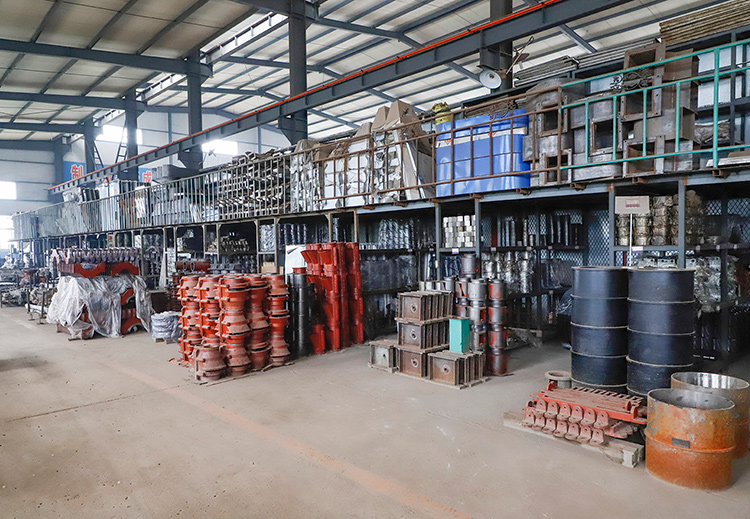Jul . 28, 2024 02:07 Back to list
Exploring the Benefits and Uses of Rapeseed Oil in Culinary and Health Applications
The Benefits and Applications of Rapeseed Oil Press Products
Rapeseed oil, derived from the seeds of the rapeseed plant (Brassica napus), has gained significant popularity in recent years due to its numerous health benefits and versatility. The process of extracting oil from rapeseeds—often using a rapeseed oil press—yields a product that is not only rich in nutrients but also has a myriad of applications in cooking, food production, and even industrial uses.
Nutritional Profile
Rapeseed oil is renowned for its heart-healthy properties. It is exceptionally low in saturated fat compared to other cooking oils, which makes it a favorable option for those looking to maintain a balanced diet. With a high content of monounsaturated fats and omega-3 fatty acids, rapeseed oil supports cardiovascular health and can help lower cholesterol levels. Additionally, it is a good source of vitamin E, an antioxidant that plays a crucial role in protecting cells from oxidative stress.
Culinary Uses
One of the most significant applications of rapeseed oil press products is in cooking. Its light flavor and high smoke point (around 400°F or 204°C) make it ideal for frying, sautéing, and baking. Unlike some oils, which can impart strong flavors to dishes, rapeseed oil allows the natural taste of ingredients to shine through. This characteristic makes it particularly popular among chefs and home cooks alike. Moreover, its versatility extends to salad dressings, marinades, and sauces, where it can be used to enhance flavors without overwhelming the palate.
Health Implications
rapeseed oil press product

Incorporating rapeseed oil into one's diet can have positive health implications. Studies have shown that diets rich in unsaturated fats, particularly from sources like rapeseed oil, are linked to reduced risk of heart disease. Furthermore, the oil's anti-inflammatory properties can aid in managing chronic conditions and promoting overall health. For those following a plant-based diet, rapeseed oil serves as an excellent alternative to animal fats, providing essential fatty acids without contributing to high cholesterol levels.
Industrial Applications
Beyond the culinary realm, rapeseed oil has important industrial applications. It is increasingly used as a biofuel, an eco-friendly alternative to fossil fuels. This is particularly significant in the context of global efforts to reduce carbon emissions and combat climate change. Additionally, rapeseed oil is employed in the production of lubricants, soaps, and cosmetics, showcasing its versatility beyond the kitchen.
Sustainability and Environmental Impact
The cultivation of rapeseed is also viewed favorably in discussions about sustainability. Rapeseed plants are known for their ability to grow in various climates and soil types, making them relatively easy to farm. Furthermore, they can improve soil health by preventing erosion and promoting biodiversity. As concerns about the environmental impact of traditional agriculture grow, rapeseed could represent a sustainable oil option that aligns with eco-conscious practices.
Conclusion
In conclusion, rapeseed oil press products offer a wide range of benefits that cater to both health-conscious consumers and those seeking versatile cooking oils. Its positive nutritional profile, combined with its diverse culinary and industrial applications, makes it a valuable ingredient in modern diets and industries. As the world continues to explore sustainable practices, rapeseed oil stands out as a promising option that balances health, functionality, and environmental responsibility. Whether drizzled over a fresh salad or used as a key ingredient in industrial products, rapeseed oil is undoubtedly an essential component of contemporary life.
-
Food Oil Refined Machine Companies: High-Efficiency Oil Refining
NewsAug.25,2025
-
Popular Commercial Oilseed Crushing Machinery | High-Yield Oil Expeller Press
NewsAug.24,2025
-
Food Oil Refined Unit Companies: Leading Manufacturers & Exporters
NewsAug.23,2025
-
Expert Oil Filter Machine Service & Solutions | Quality & Reliability
NewsAug.22,2025
-
LZY-206 Double Screw Cold Oil Press – Maximize Yield, Preserve Nutrients
NewsAug.21,2025
-
Efficient Black Seed Oil Expeller & Multi-Seed Oil Press
NewsAug.19,2025
